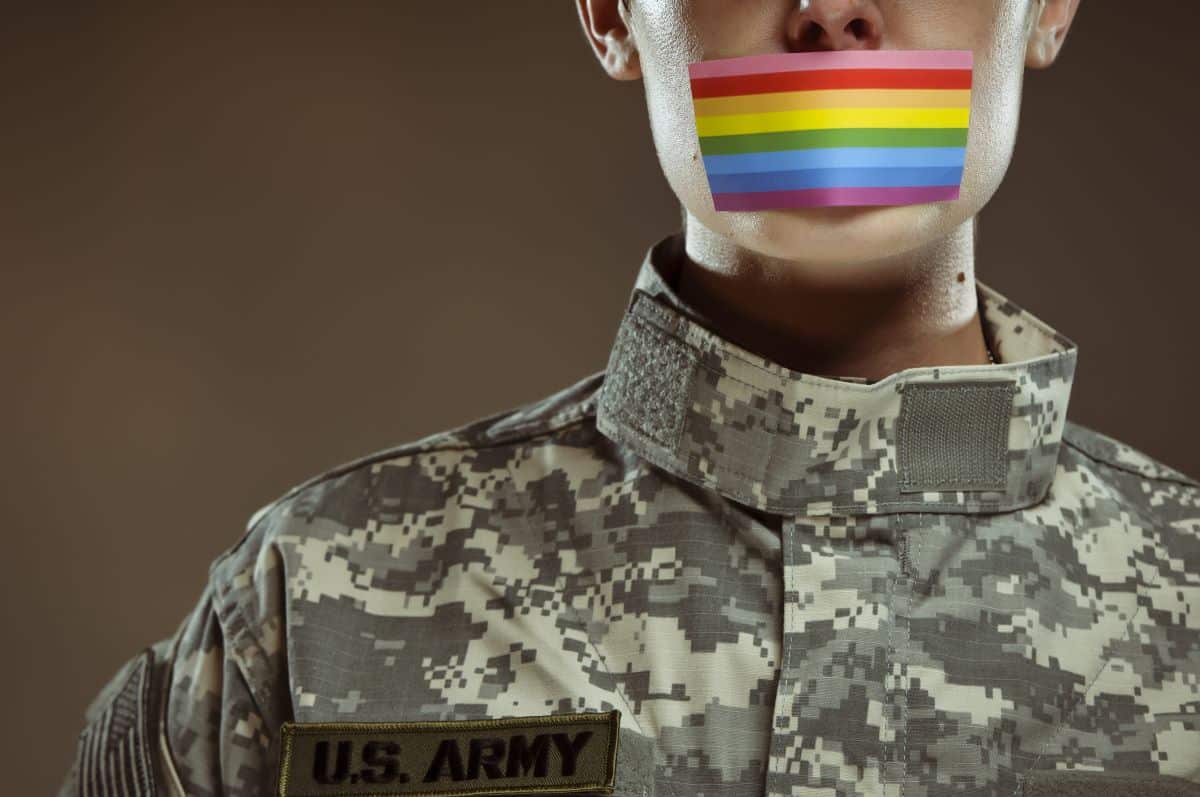Are you okay with how deep-seated biases against LGBTQ+ individuals are woven into American policies and laws? Here are 20 glaring examples of institutional homophobia that might make you think twice about the state of equality in our nation.
1. Don’t Ask, Don’t Tell

From 1994 until its repeal in 2011, this military policy barred openly gay, lesbian, or bisexual persons from serving. Those who came out were forced to choose between their identity and their career, perpetuating a culture of secrecy and fear.
2. Defense of Marriage Act (DOMA)
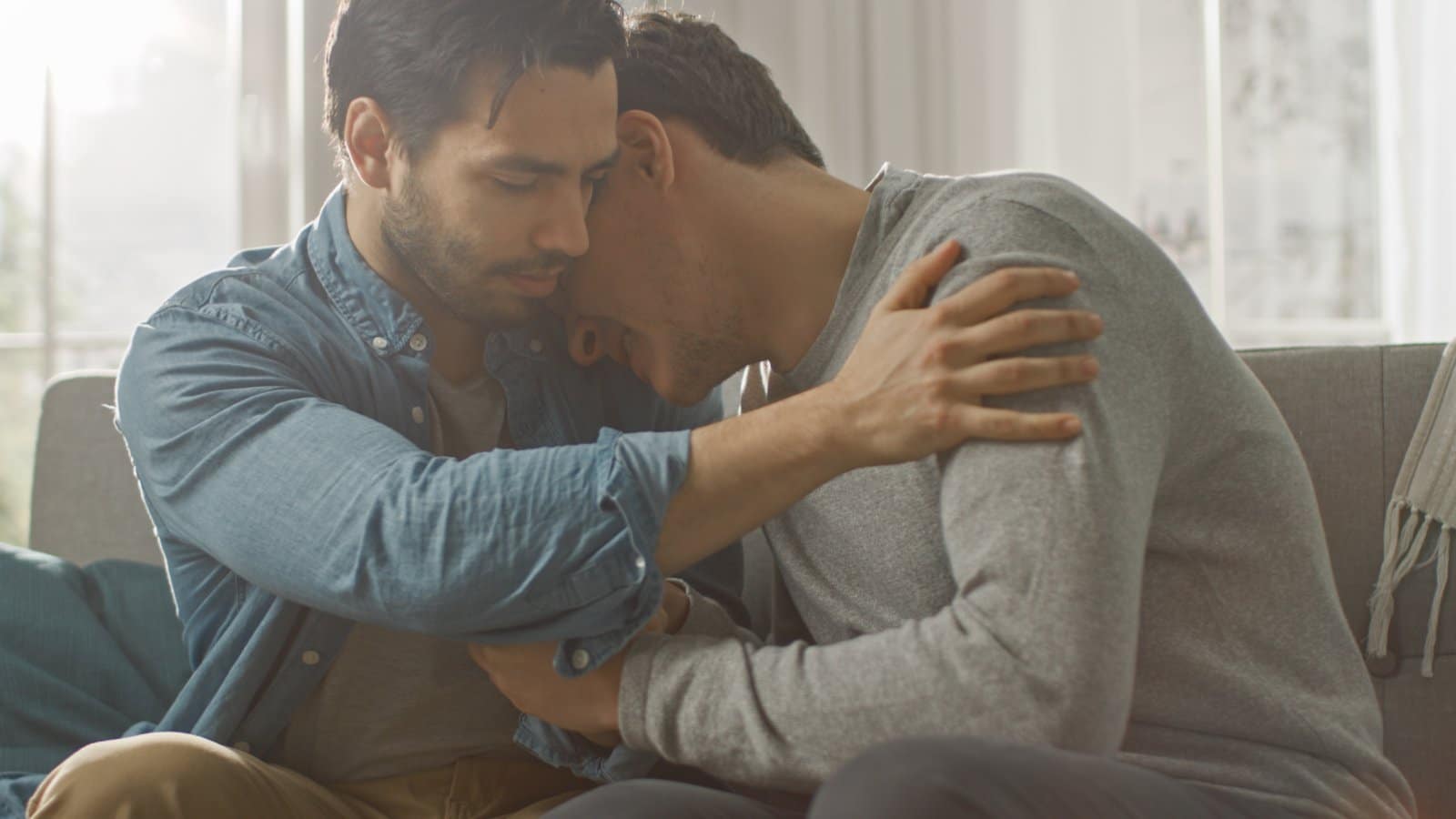
Enacted in 1996, DOMA legally defined marriage exclusively as the union between one man and one woman. It denied same-sex couples recognition and federal benefits, casting a shadow on their relationships until the Supreme Court overturned it in 2013.
3. HIV/AIDS Crisis Response
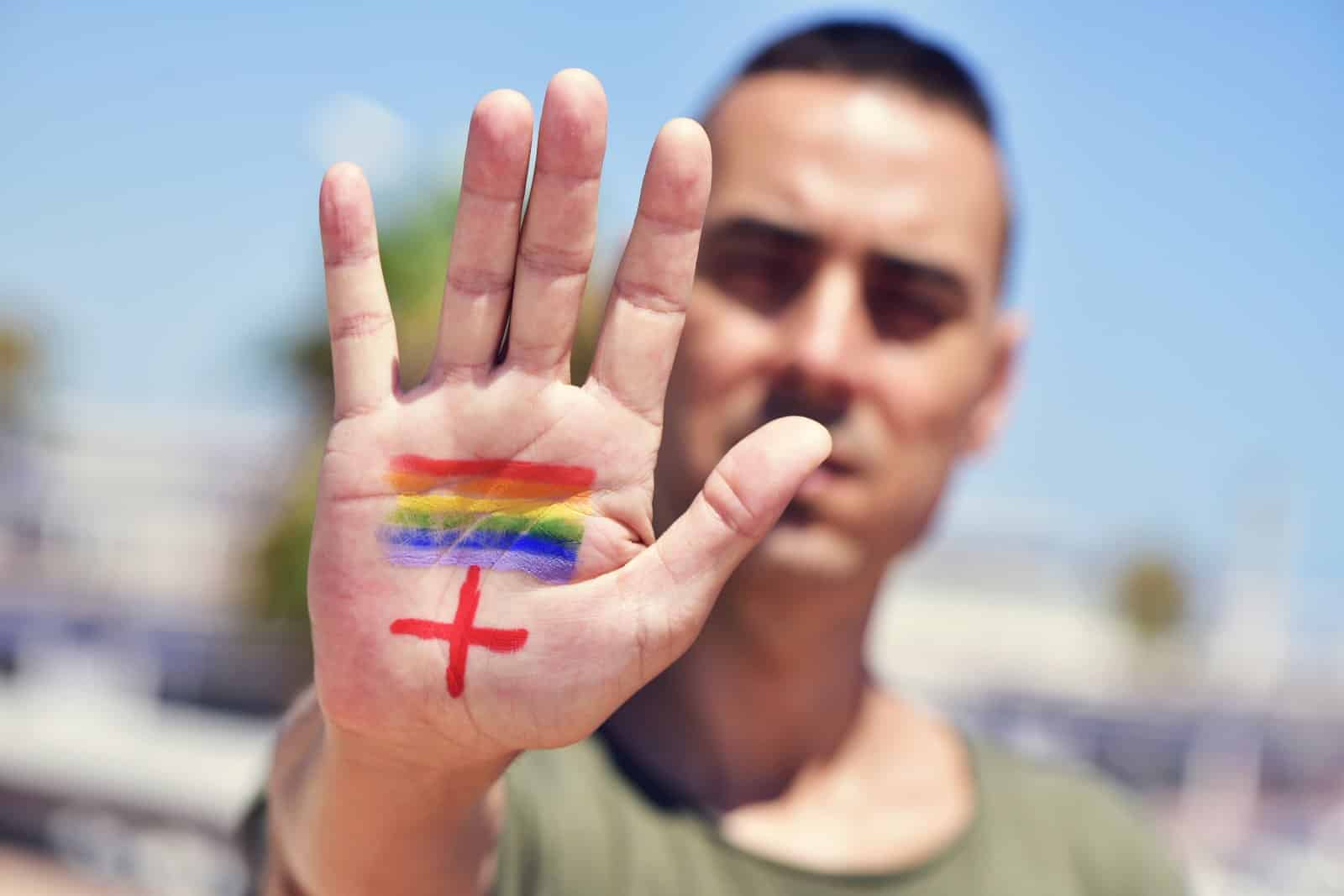
During the 1980s, the U.S. government’s sluggish and negligent response to the HIV/AIDS epidemic, which primarily affected gay men, was a stark manifestation of institutionalized homophobia, costing countless lives.
4. Transgender Military Ban

Reinstated in 2017, this policy prohibited transgender individuals from serving openly in the military, disregarding their capabilities and service, and casting them as unfit due to their gender identity.
5. Ban on Same-Sex Marriage
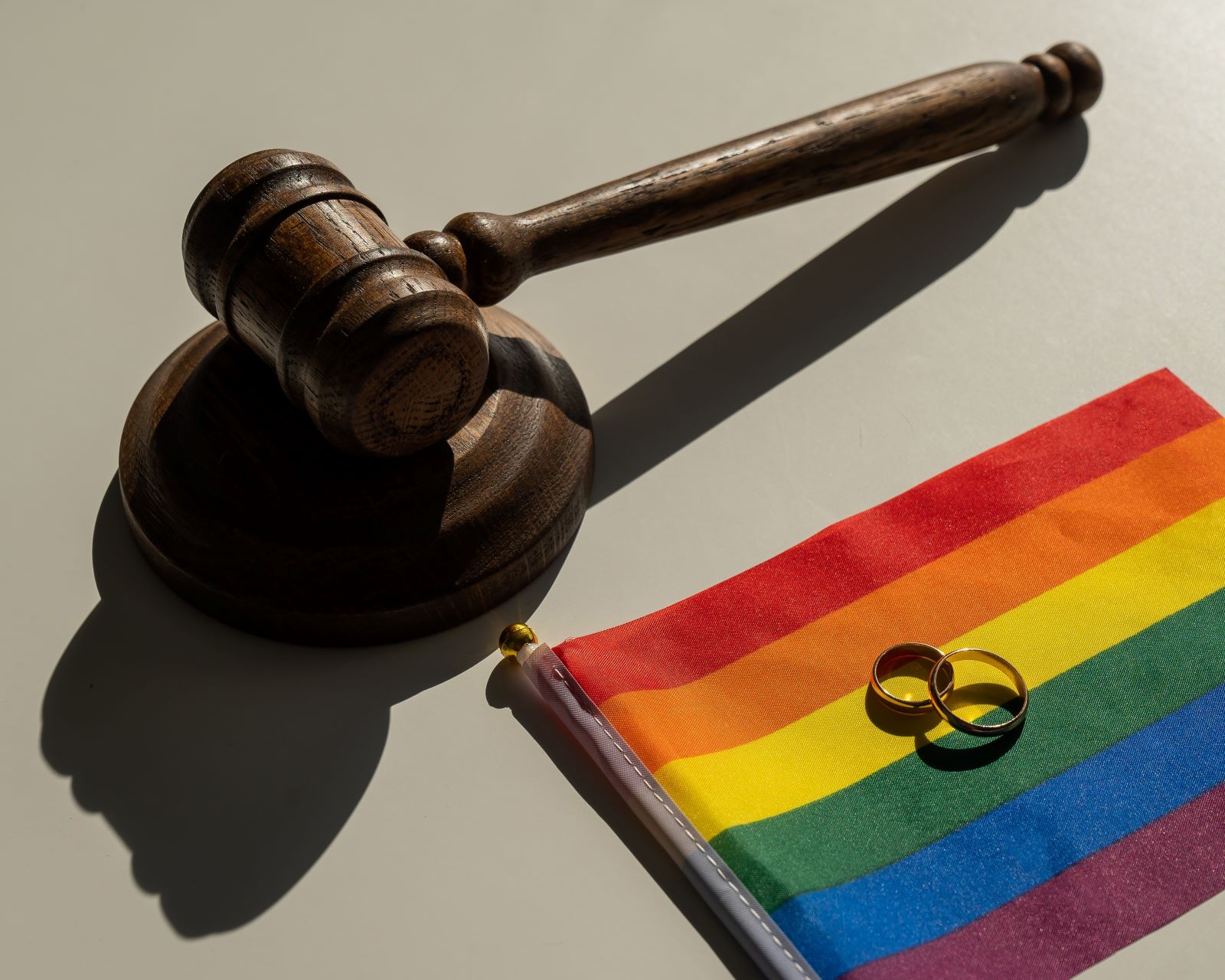
Prior to the nationwide legalization in 2015, many states had constitutional amendments or laws banning same-sex marriage, effectively making it illegal for gay couples to marry and denying them the rights afforded to heterosexual couples.
6. Bathroom Bills
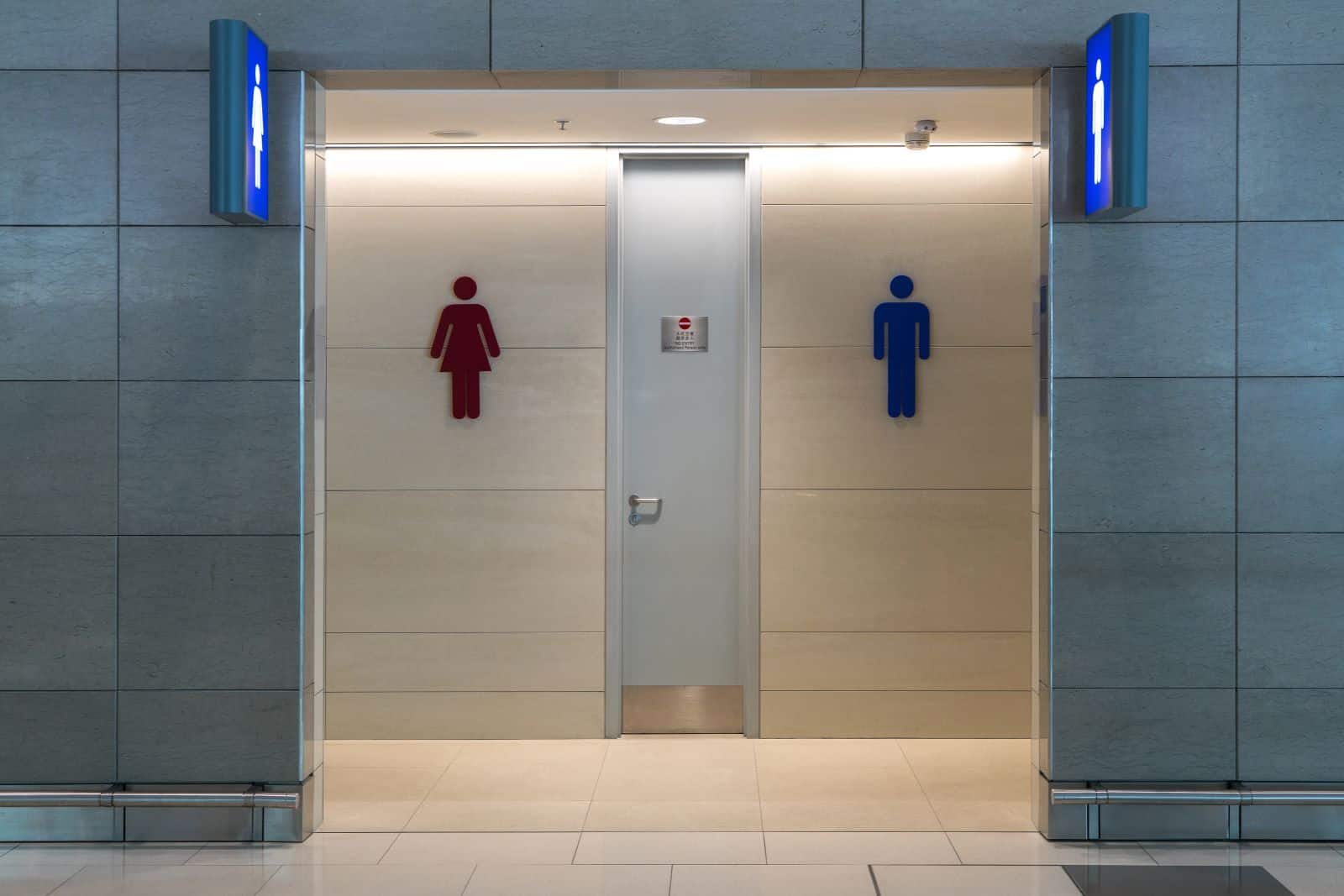
Legislation like North Carolina’s HB2, passed in 2016, forced transgender people to use bathrooms corresponding to their sex assigned at birth rather than their gender identity, a policy seen as dehumanizing and unsafe for the transgender community.
7. Refusal of Services Legislation

Various states have enacted laws that allow businesses to refuse service to LGBTQ+ people based on religious beliefs, institutionalizing discrimination under the guise of protecting religious freedom.
8. Gay Panic Defense

This legal strategy, still permissible in several states, allows defendants to justify violent crimes, including murder, by claiming they were provoked by the victim’s sexual orientation or gender identity.
9. Adoption Restrictions
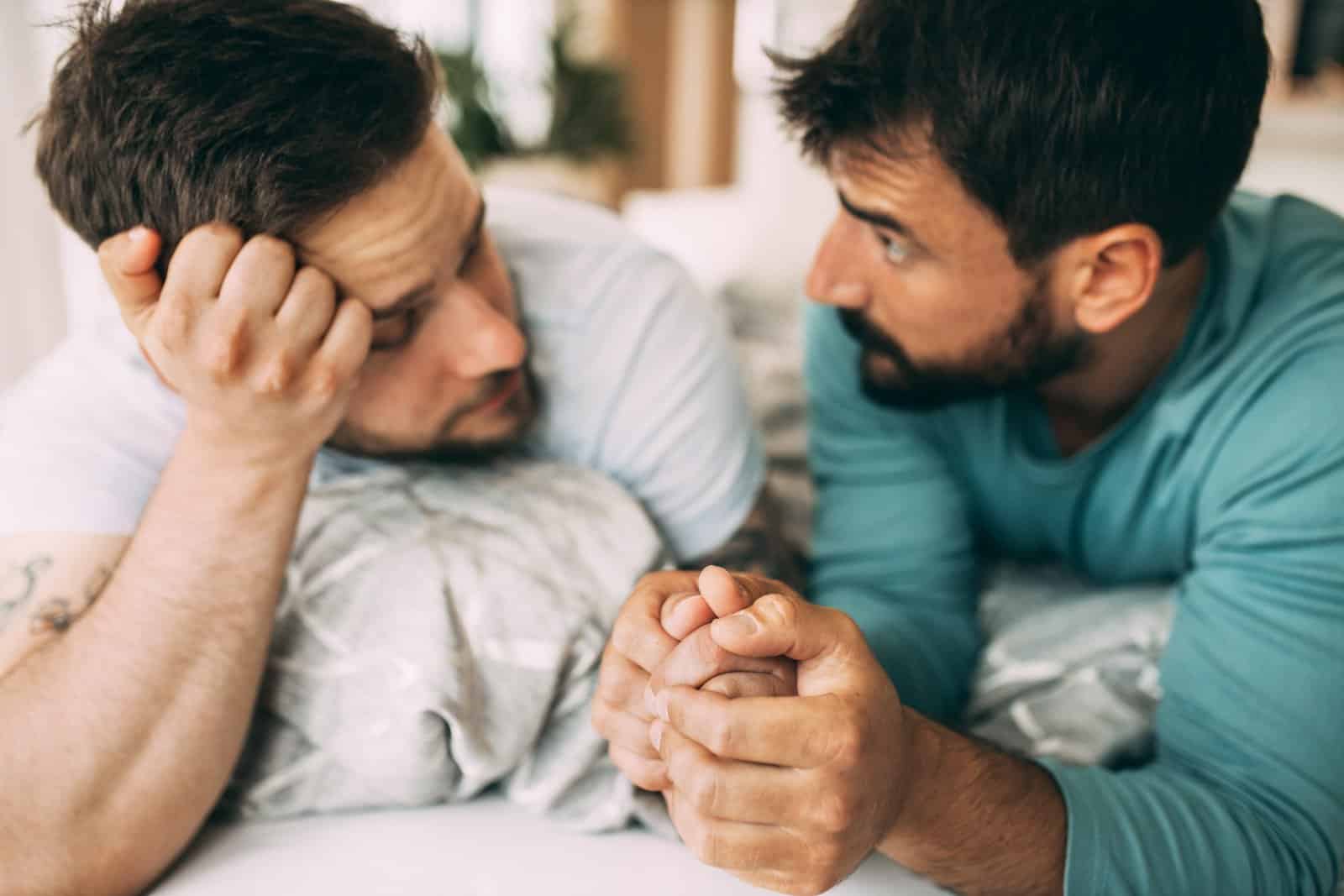
Certain states have passed laws allowing adoption agencies to deny services to LGBTQ+ couples based on religious objections, thereby limiting the rights of these couples to start families.
10. Conversion Therapy Legislation
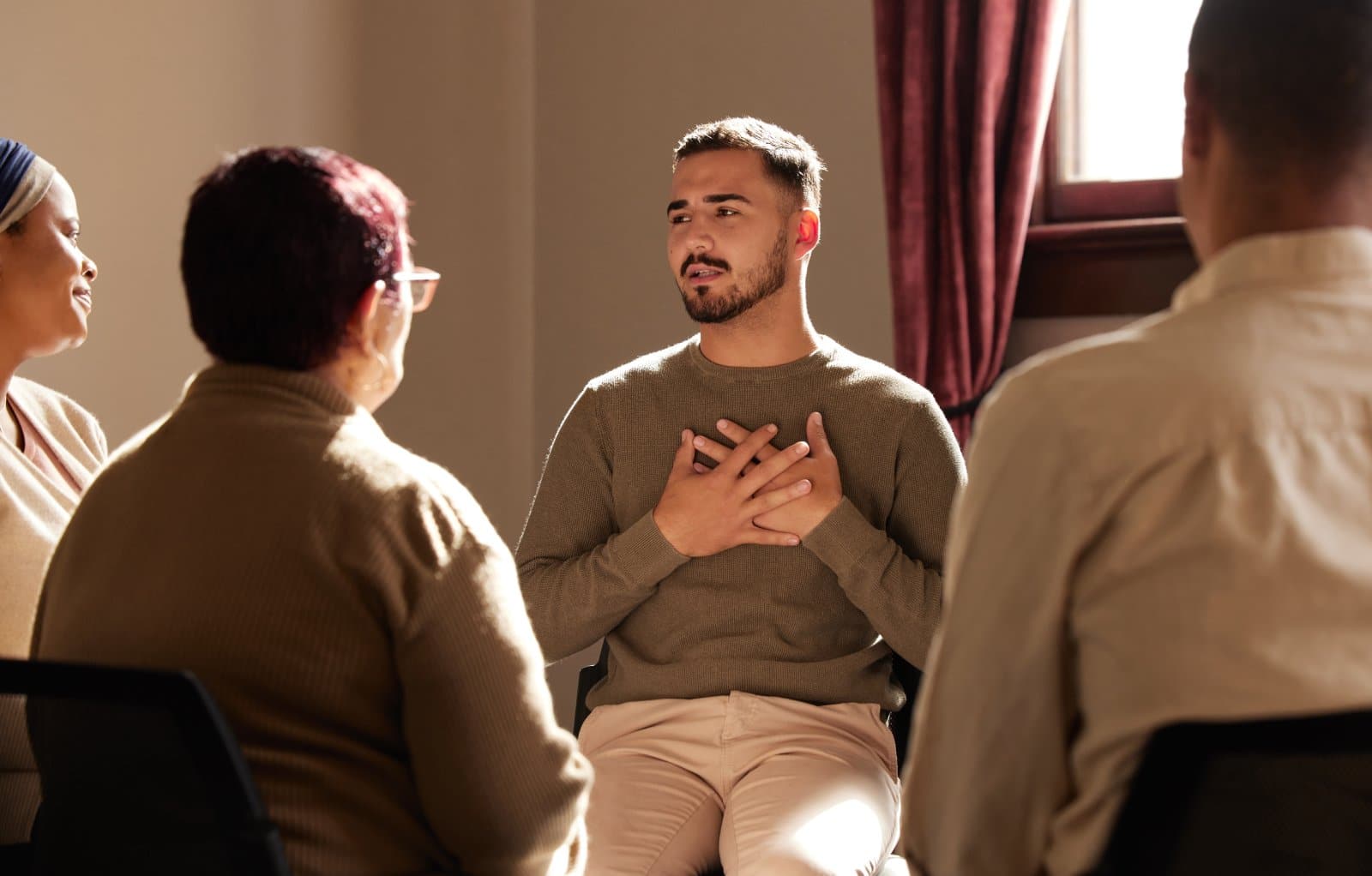
Although banned in some states, conversion therapy—a discredited practice aimed at changing an individual’s sexual orientation or gender identity—is still legally practiced in various parts of the country, promoting harmful stereotypes and practices.
11. “No Promo Homo” Laws

Several states have laws that forbid teachers from discussing homosexuality in a positive light, if at all, in the classroom, effectively erasing LGBTQ+ identity from educational narratives.
12. Unequal Age of Consent Laws
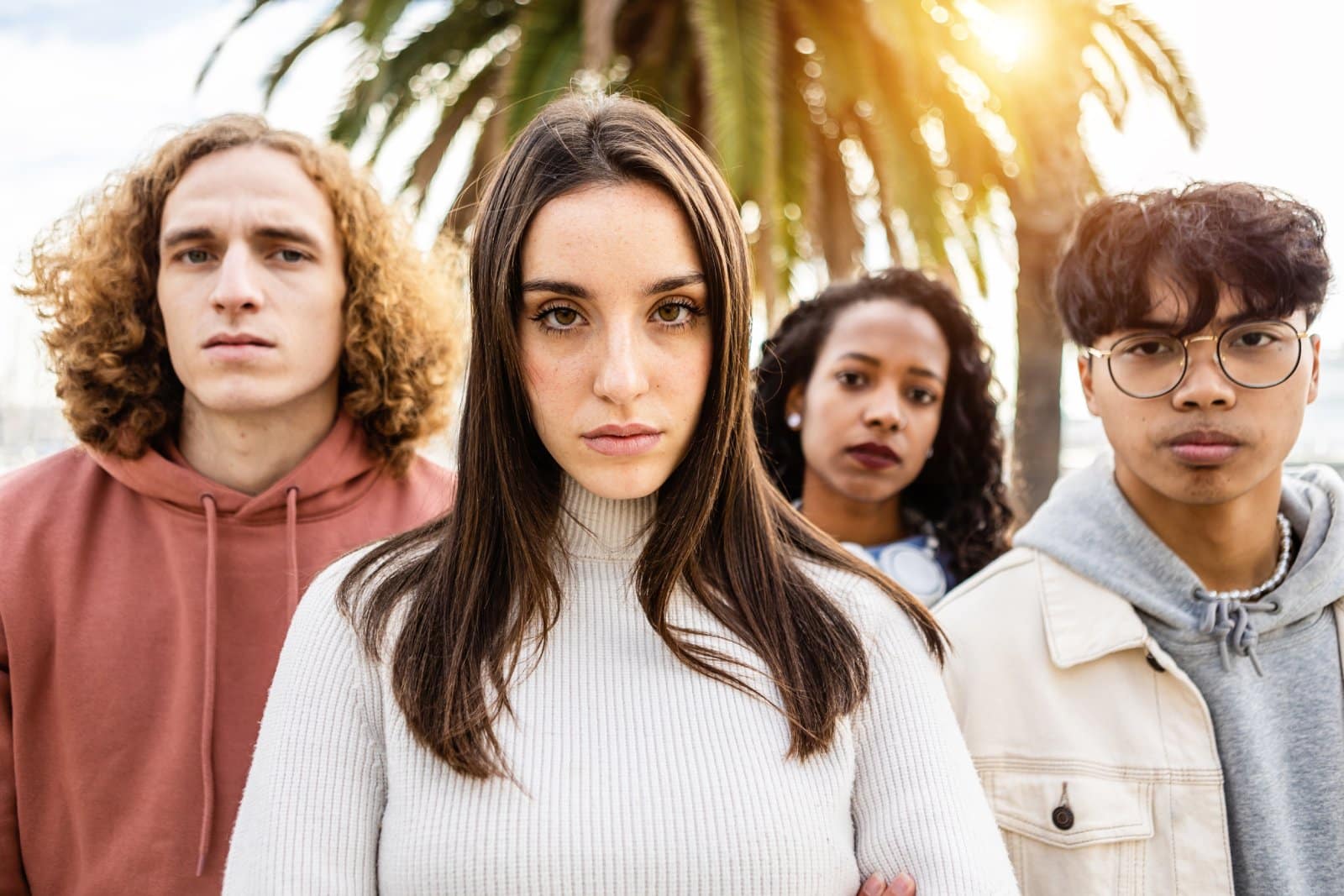
Some states have different ages of consent for homosexual versus heterosexual acts, an overt codification of inequality that disproportionately criminalizes and stigmatizes homosexual behavior.
13. Employment Non-Discrimination

Until the Supreme Court ruling in 2020, it was legal in many states to fire individuals based on their sexual orientation or gender identity, a clear case of institutional discrimination in the workplace.
14. Health Care Discrimination

Transgender individuals often face significant barriers in accessing health care, including outright denial of service, discriminatory policies, and lack of provider training on trans health issues.
15. Police Brutality and Profiling
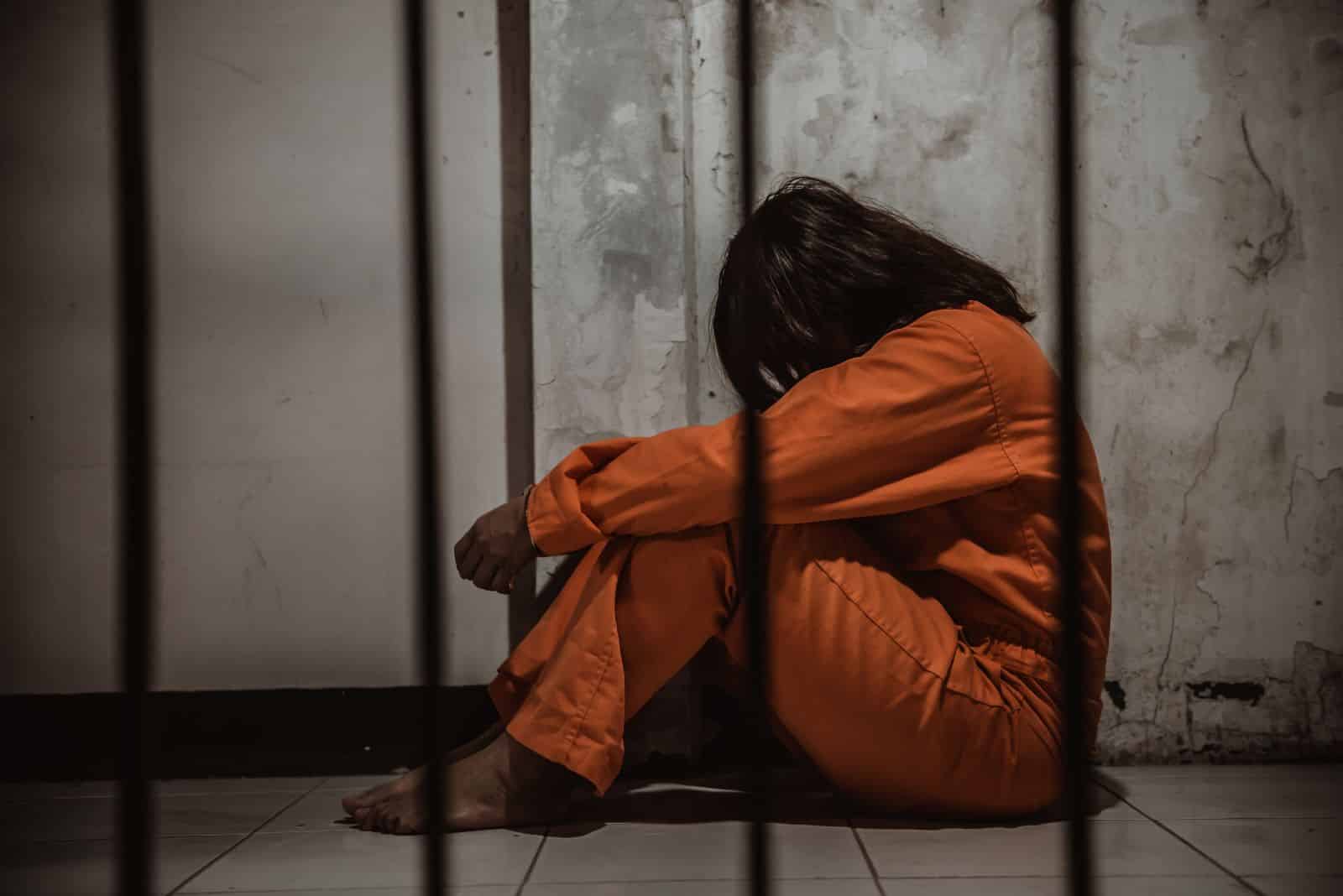
LGBTQ+ individuals, particularly transgender women of color, are disproportionately subjected to police brutality and profiling, reflecting deep-seated biases within law enforcement.
16. Blood Donation Bans
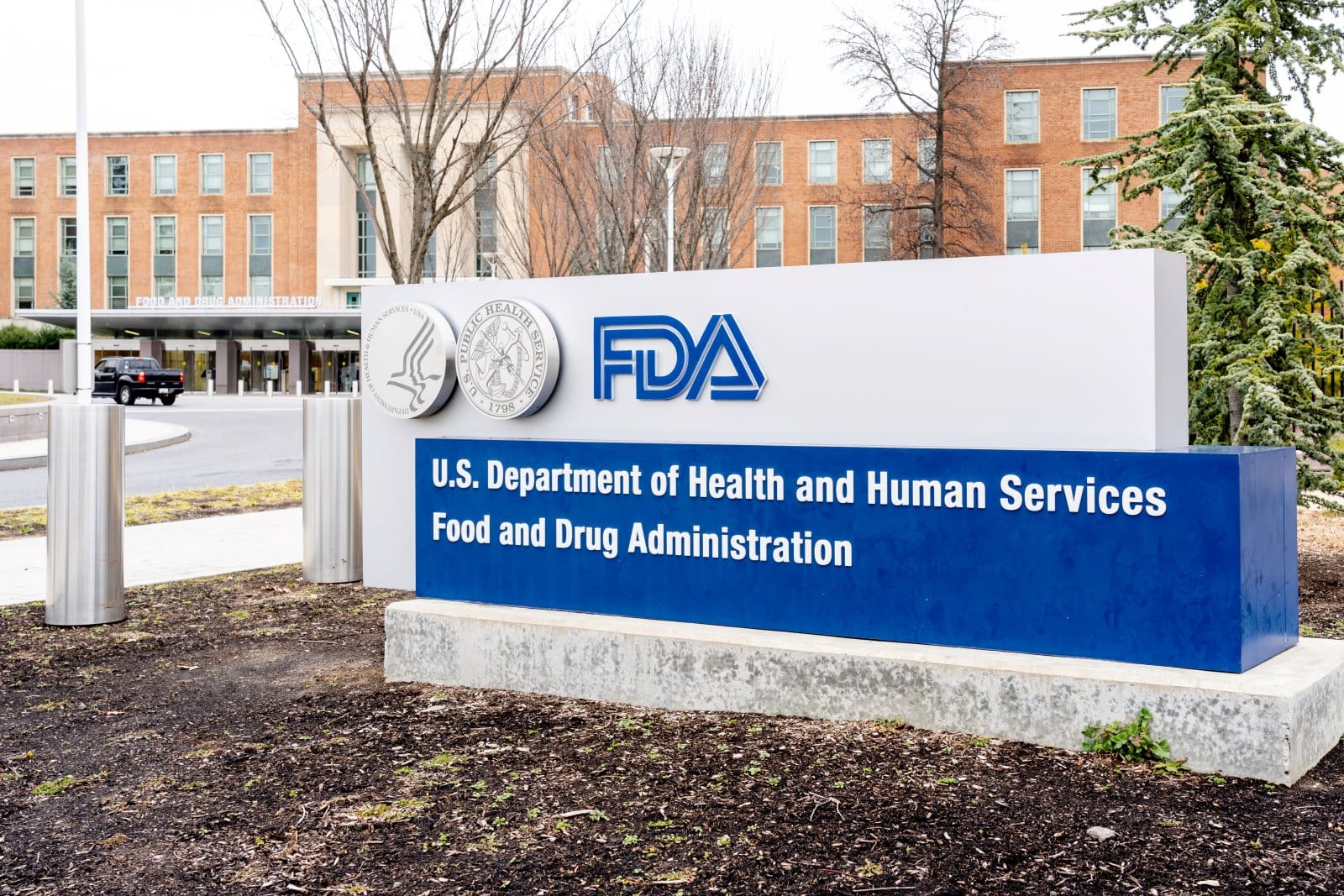
The FDA’s long-standing policy restricted blood donations from men who have sex with men (MSM) based on outdated views about HIV risk, although recent changes have modified these restrictions slightly.
17. Housing Discrimination

There is no federal law that consistently protects LGBTQ+ individuals from discrimination in renting, buying, or obtaining financing for housing, leading to widespread housing insecurity in the community.
18. Fertility Treatment Access

LGBTQ+ individuals often face hurdles accessing fertility treatments, with many insurance companies not covering services unless a heterosexual relationship is proven, reflecting institutional biases in reproductive health care.
19. Jury Service Exclusion

Historically, openly gay individuals were often excluded from jury service based on their sexual orientation, a practice that questions their impartiality based solely on their identity.
20. Passport Gender Marker Issues

Transgender individuals frequently encounter difficulties when trying to change their gender markers on passports, facing intrusive requirements that do not apply to cisgender people.
Wrapping It Up
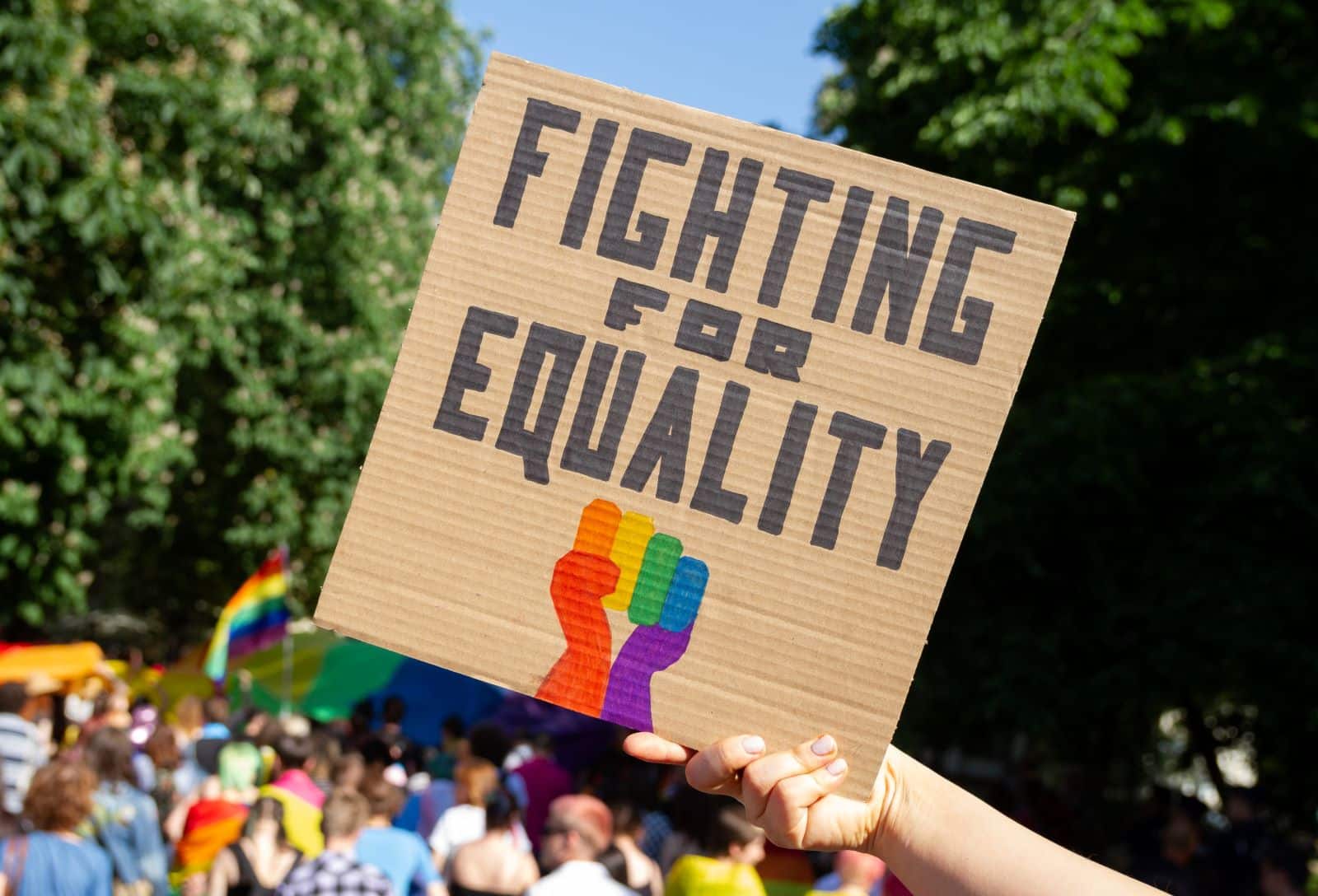
These instances highlight the pervasive and often insidious nature of institutional homophobia in the U.S. They underscore the urgent need for continued advocacy and reform to dismantle these barriers and ensure true equality and inclusion for all members of the LGBTQ+ community.
The post Don’t Ask Don’t Tell: 20 Disturbing Hidden Institutional Homophobias in the U.S. first appeared on Pulse of Pride.
Featured Image Credit: Shutterstock / Cameron Whitman.
For transparency, this content was partly developed with AI assistance and carefully curated by an experienced editor to be informative and ensure accuracy.

